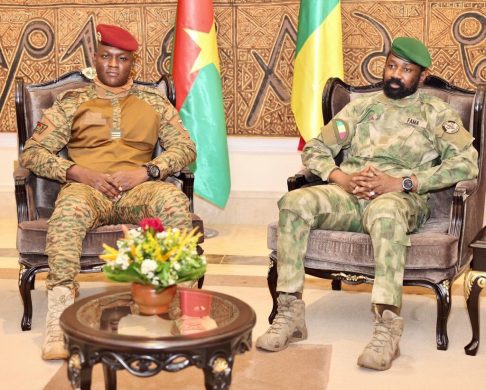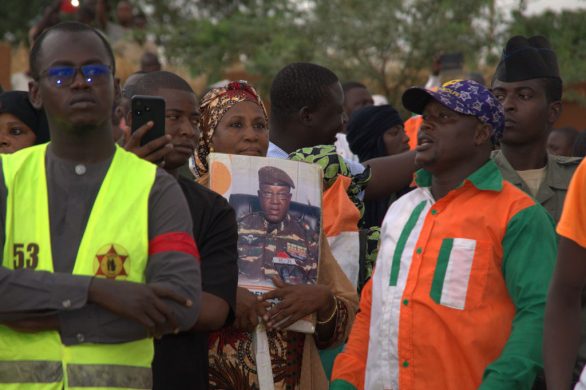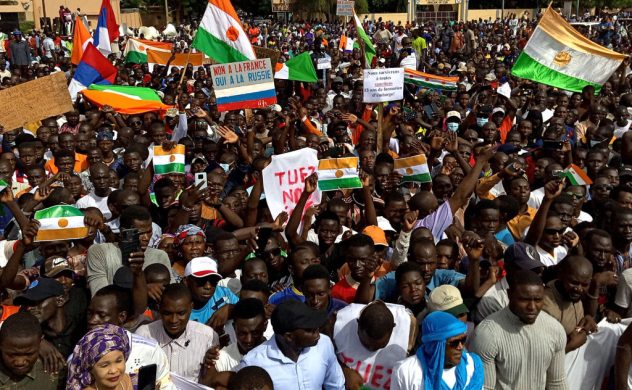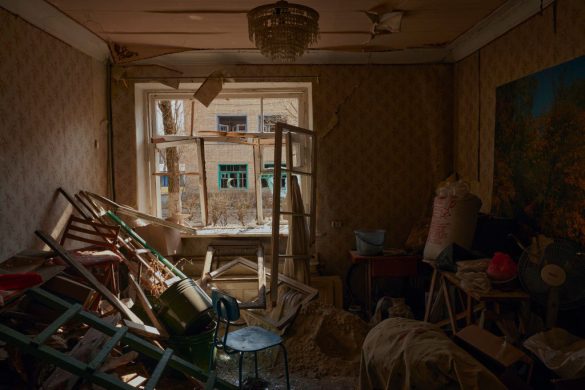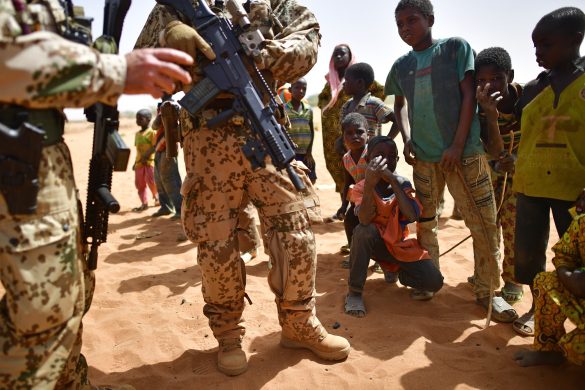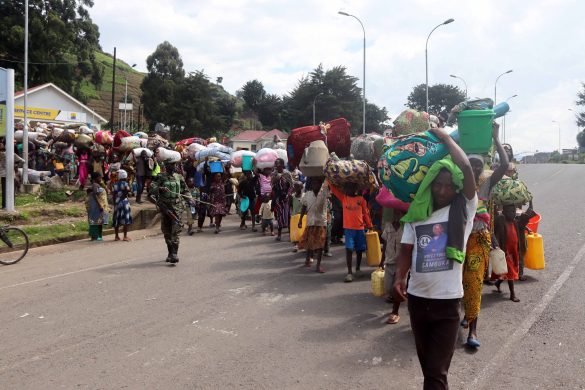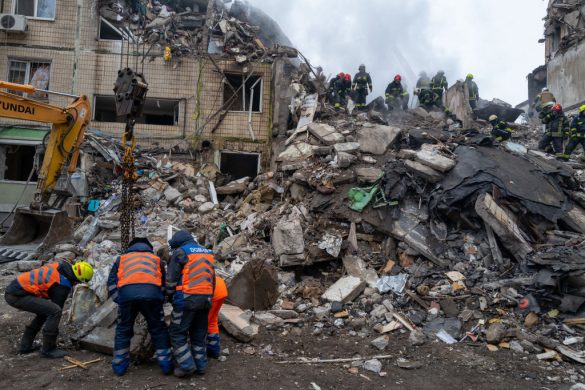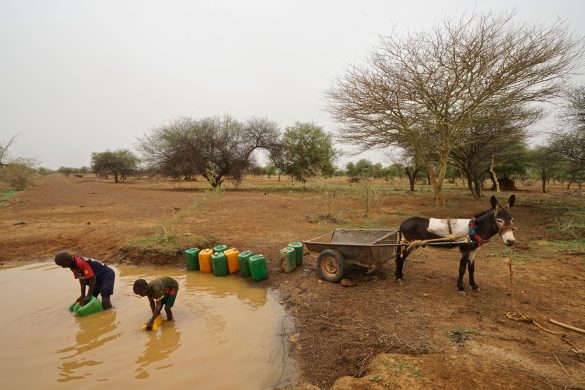General Gilbert Diendere, who for three decades served as Compaore’s chief military adviser and operated an intelligence network spanning West Africa, has been named as the head of a military junta called the National Council for Democracy, news agencies report Thursday.
A towering figure, nearly two metres tall, Diendere is renowned for his quiet discretion, normally preferring to operate behind the scenes.
The power grab led by the presidential guard unfolded three days after a government committee recommended dissolving (opløse) the elite unit, which was a pillar of Compaore’s 27-year rule and has repeatedly meddled in politics since his fall.
A spokesman for the coup leaders hinted at a political agenda to back a return to power by loyalists to Compaore, who has remained in exile in neighboring Ivory Coast since he was toppled by a popular uprising in November last year.
Tåget og usikker demokratisk fremtid
The coup quashed hopes of a smooth transition in a country that had become a beacon for democratic aspirations in Africa after protesters ousted Compaore when he tried to extend his rule.
Burkina Faso teetered into chaos on Wednesday when the presidential guard arrested interim President Michel Kafando, Prime Minister Yacouba Isaac Zida, and two ministers.
A change to the electoral law that blocked backers of Compaore from running in the planned Oct. 11 election had “created divisions and frustrations amongst the people”.
This could be a hint that the motivation for the coup was not so much possible dissolution of the presidential guard, but an effort to turn the tables on the democratic transition and return Compaore loyalists to power.
Opfordrede til modstand
The head of Burkina Faso’s transitional parliament called on the bulk of the armed forces to step in and halt a coup by “a small group” of military officers, and said he would assume leadership until the president was released.
At least ten persons were shot dead by presidential guard forces, amid protests in the capital, Ouagadougou, a civil society group said.
The headquarters of Mr Compaore’s Congress for Democracy and Progress (CDP) party were ransacked in Ouagadougou as news of the coup spread, it adds.
French President, Francois Hollande, called for the immediate release of interim President Michel Kafando and Prime Minister Isaac Zida, who were detained.
Their transitional authority was due to hand power to a new government after elections on 11 October.
Former President Blaise Compaore was ousted in a popular uprising last year after 27 years in power. He was accused of committing widespread abuses (overgreb), and trying to change the constitution to extend his term in office.
Præsidentgarden og dens fremtid
The elite presidential guard has been trained, in part, by the US. It is the most powerful armed group in Burkina Faso and often disrupted the activities of the transitional government as it tried to cling to the privileges it enjoyed under Mr Compaore’s rule.
It is seen to be close to him, and is not popular on the streets. So its seizure of power could be a recipe for serious violence, BBC notes.
The BBC’s Lamine Konkobo says, that “what is really bothering the RSP (Presidential Guard) is its future. Soldiers were worried that the election of a new president would spell the end of the unit”.
The presidential guard was set up to ensure Compaore´s own protection in the wake of the 1987 killing of his predecessor, and close ally, Thomas Sankara during a coup which led to Mr Compaore taking over.
It is a well-trained and well-equipped group of soldiers who have often acted independently from the country’s army, and this coup is not necessarily supported by the wider military.
Al Jazeera reported in June this year, that the Sankarist movement was demanding that the interim government subpoena (udtager stævning mod) the former dictator Compaore and his former Chief of Staff Gilbert Diendere who apparently led the commando raid against Sankara’s office – and still lived in the Burkinabe capital, to appear in court.
Vred Ban Ki-moon
Meanwhile UN Secretary-General Ban Ki-moon voiced his outrage.
“This incident is a flagrant violation of Burkina Faso’s Constitution and Transitional Charter,” said Mr. Ban’s spokesperson in New York, according to the UN News Service.
“The United Nations stands firmly behind the transitional authorities and President Kafando. The Secretary-General notes the strong support of the people of Burkina Faso for a peaceful transition and urges compliance with the transitional calendar, including the upcoming elections”, noted he.
Se mere om FNs holdning på
http://www.un.org/apps/news/story.asp?NewsID=49999#.Vfnx2ByQeKI
Og mere om “de stolte og ærliges land” – Burkina Faso – på
https://en.wikipedia.org/wiki/Burkina_Faso



